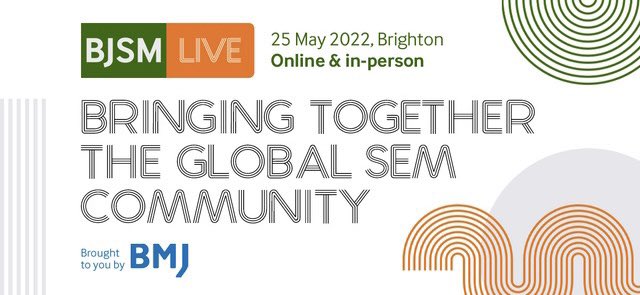Why mammals?
My mom is a teacher, so during summers she would take my siblings and I to the San Diego Zoo and Safari Park (formerly SD Animal Park). Because we were only about 40 min from either park, we were there almost weekly. Plus it tires kids out. #BlackMammalogists
My mom is a teacher, so during summers she would take my siblings and I to the San Diego Zoo and Safari Park (formerly SD Animal Park). Because we were only about 40 min from either park, we were there almost weekly. Plus it tires kids out. #BlackMammalogists
The San Diego Zoo was my Disneyland. As a small kid, I loved visiting and learning facts about every mammal. A lot of kids want to become veterinarians, well I wanted to be a zoo veterinarian. Or a zoo keeper. Any career that would put me closer these glorious mammals.
But. How does a person even become a zoo keeper? I never found any answers as a kid, and I never saw any keepers who looked like me, so I eventually abandoned that idea. I still loved mammals, but I was usually told, if you like science, study medicine. #RepresentationMatters
• • •
Missing some Tweet in this thread? You can try to
force a refresh









